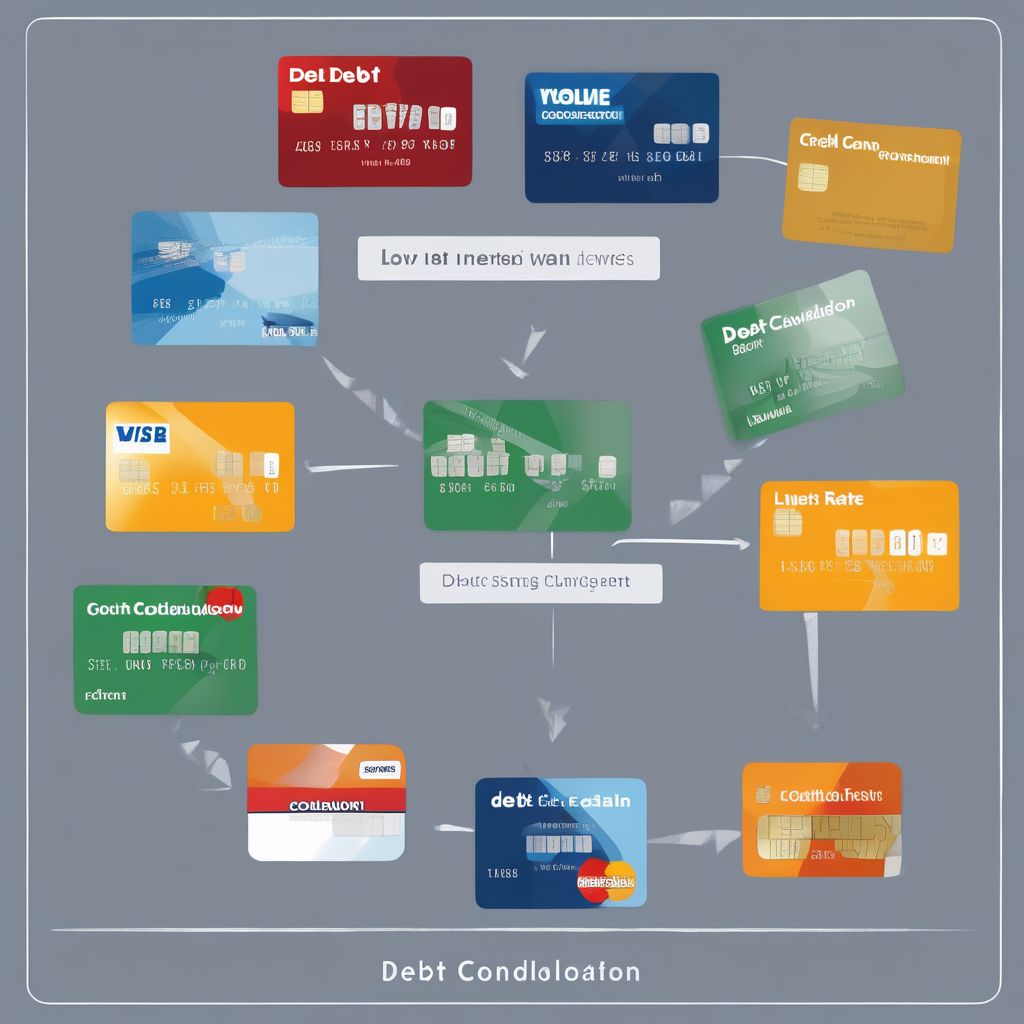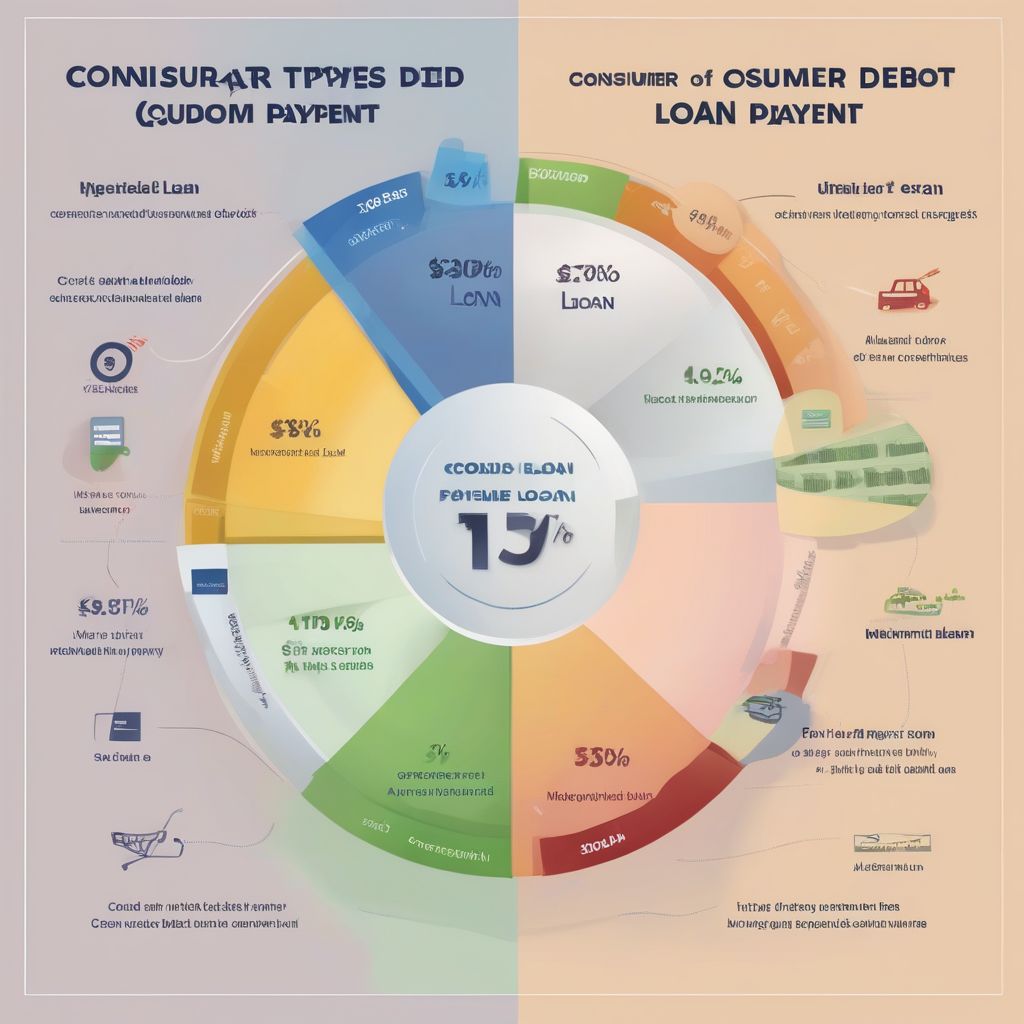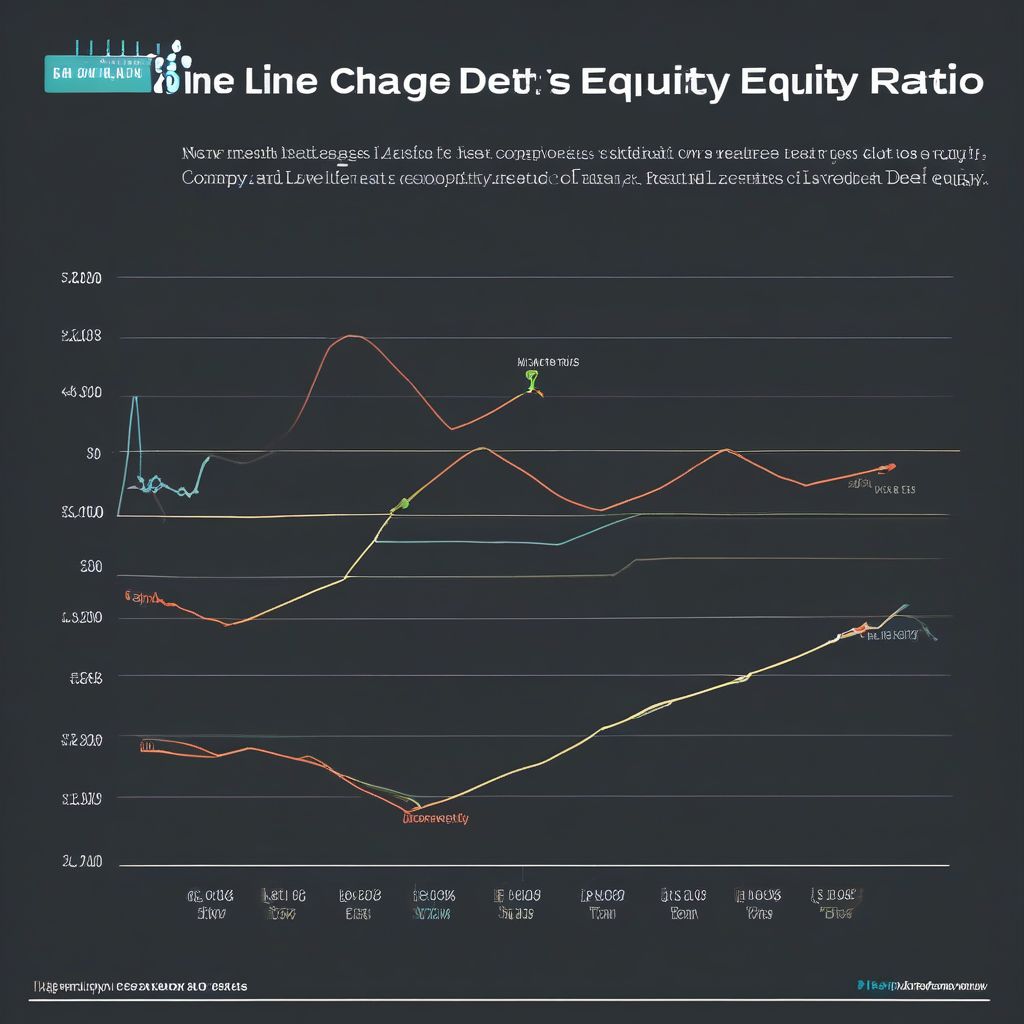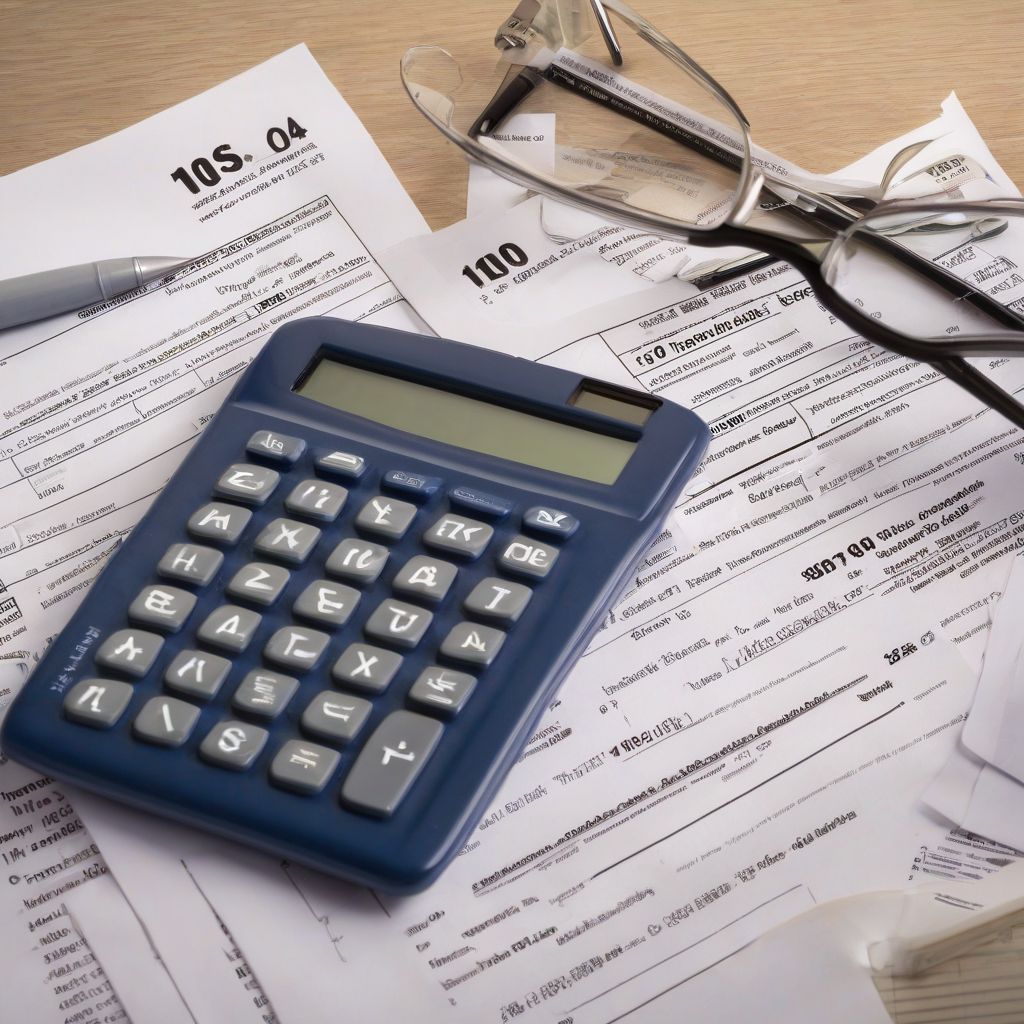In the world of personal finance, managing debt is a crucial aspect of achieving financial stability. For those grappling with multiple debts, debt consolidation can seem like an appealing solution. However, it’s essential to understand how debt consolidation can impact your credit score. This article delves into the intricate relationship between sonneriesvip.com/debt-consolidation-and-credit-score/">Debt Consolidation And Credit Score, providing you with the knowledge needed to make informed financial decisions.
What is Debt Consolidation?
Debt consolidation involves combining multiple debts, often with high interest rates, into a single, new loan with a potentially lower interest rate. This simplifies debt repayment and can save money on interest payments. Imagine juggling multiple credit card bills each month – debt consolidation streamlines this into a single, manageable payment.
How Debt Consolidation Affects Your Credit Score
While debt consolidation can be beneficial, it’s important to recognize its potential impact on your credit score. Here’s a breakdown:
Positive Impacts:
- Improved Credit Utilization Ratio: By consolidating high-interest debts, you might lower your credit utilization ratio, which is the percentage of available credit you’re using. A lower credit utilization ratio is generally seen favorably by credit scoring models.
- On-Time Payments: With a single payment due date, you’re more likely to make timely payments, which can positively impact your payment history, a significant factor influencing your credit score.
Potential Negative Impacts:
- Hard Inquiries: Applying for a new debt consolidation loan triggers a hard inquiry on your credit report, which can temporarily lower your credit score.
- Closing Existing Accounts: If you close credit card accounts after consolidating debt, it can reduce your total available credit, potentially increasing your credit utilization ratio and negatively impacting your score.
- Short-Term Score Dip: Initially, your credit score might experience a slight dip due to the hard inquiry and potential account closures. However, if you manage the consolidated loan responsibly, your score is likely to recover and potentially improve over time.
Factors Influencing Credit Score Impact
Several factors determine how debt consolidation will affect your credit score:
- Your Current Credit Score: Individuals with good credit scores might see less of an impact from debt consolidation compared to those with lower scores.
- Types of Debt Consolidated: Consolidating unsecured debt (like credit cards) might have a different impact than consolidating secured debt (like mortgages).
- Interest Rates: Securing a lower interest rate through consolidation can save money and potentially improve your credit utilization over time.
Frequently Asked Questions about Debt Consolidation And Credit Score
1. Will Debt Consolidation Hurt My Credit Score in the Long Run?
Debt consolidation itself doesn’t inherently hurt your credit score in the long run. If you manage the consolidated loan responsibly by making timely payments and keeping your credit utilization low, your score can improve over time.
2. How Long Does it Take for Your Credit Score to Recover After Debt Consolidation?
The initial dip in your credit score after debt consolidation is usually temporary. It can take a few months for your score to rebound, provided you practice responsible credit management.
3. How Can I Mitigate the Negative Impact of Debt Consolidation on My Credit Score?
- Shop Around for Loans: Compare interest rates and terms from multiple lenders to minimize hard inquiries.
- Maintain a Low Credit Utilization Ratio: Aim to keep your credit utilization below 30% even after consolidation.
- Make Timely Payments: Set up reminders or automatic payments to ensure on-time payments for the consolidated loan.
Conclusion
Debt consolidation can be a valuable tool for managing multiple debts and potentially improving your financial well-being. However, its impact on your credit score depends on various factors and requires careful consideration. By understanding the relationship between debt consolidation and credit score, and by managing your consolidated loan responsibly, you can leverage this financial strategy to your advantage. Remember to conduct thorough research, compare options, and seek advice from financial professionals to make informed decisions aligned with your financial goals.
For further insights into personal finance, investments, and market trends, explore the wealth of resources available on our website. We are committed to empowering you with the knowledge to navigate the complexities of finance and make sound financial decisions.




